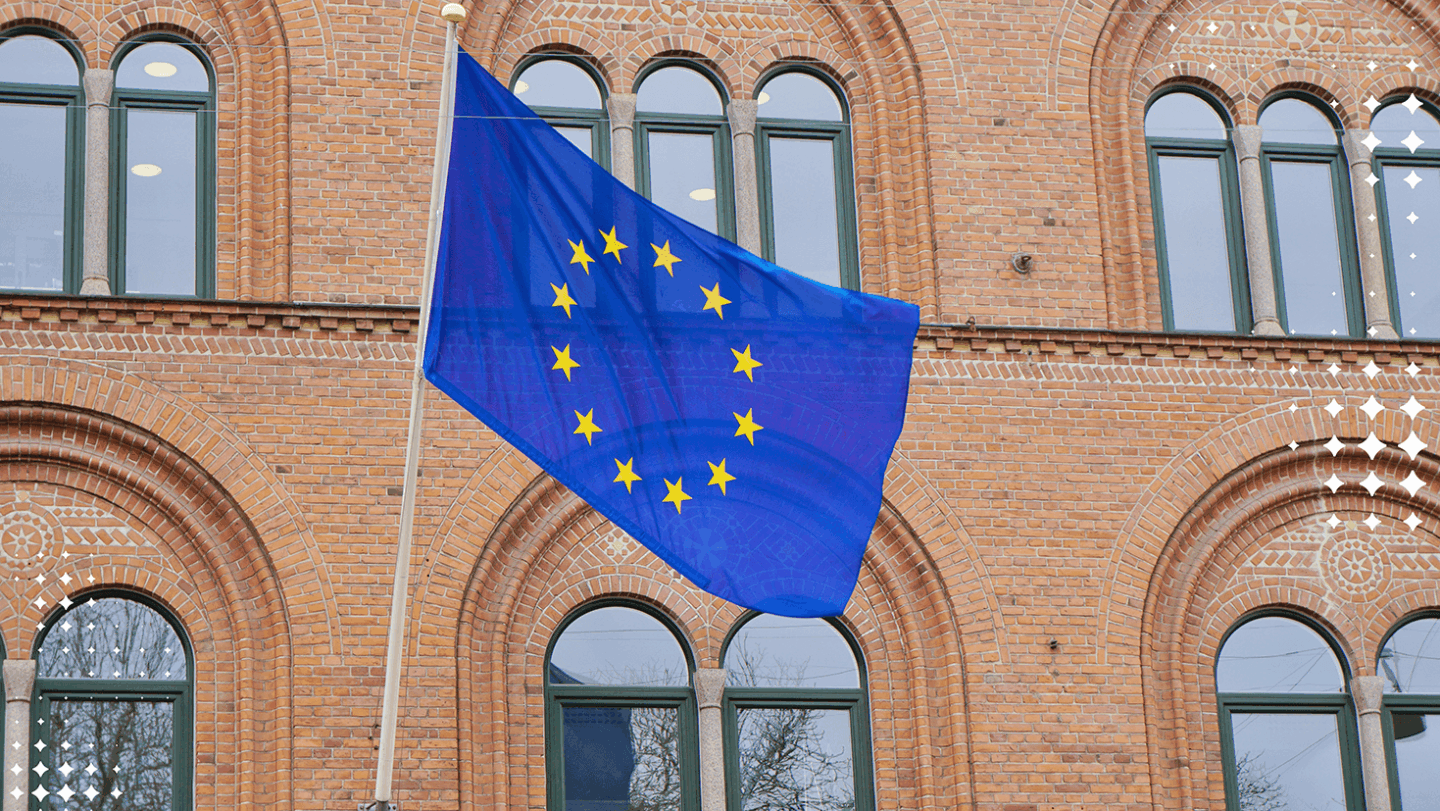What is the Future of Trade marks in the Metaverse?
- IP & Trademarks

Luisa Grillo, IP expert discusses the challenges of protecting trade marks within the Metaverse and what the future may hold for this space.
The rise of the Metaverse has brought about some new challenges for trade mark protection. As more businesses venture into this virtual space, there is an increasing need for legal clarity regarding the registration and use of trade marks within the Web 3.0 environment. In this article, we will explore the recent developments in safeguarding trade marks in the metaverse and the challenges that may arise.
What is the Current Trade mark Protection Situation in the Metaverse?
The European Union Intellectual Property Office (EUIPO) has been facing an increasing wave of trade mark requests for virtual goods and non-fungible tokens (NFTs). To address this, in July 2022, EUIPO issued draft guidelines with the aim of providing greater clarity on how to classify items related to virtual goods and NFTs. These guidelines are expected to come into effect shortly, offering much-needed guidance for trade mark applications in this rapidly evolving field.
To give you an example of the types of cases EUIPO has had to tackle recently, let’s take a closer look at a case involving a Polish company’s registration of EU trade marks for the term “Metaverse” for physical goods.
On the 11th of February 2022, the Polish company filed EU trade mark applications for:
- METAVERSE FOOD covering pharmaceutical preparations, various nutritional supplements as well as foodstuffs and drinks in classes 5, 29, 30 and 32; and
- METAVERSE DRINK for various drinks in class 32.

EUIPO rejected both applications on the ground that they lacked the required element of distinctiveness.
In response to EUIPO’s rejection of their trade mark applications, the applicant lodged an appeal, contending that the applications pertained to physical goods rather than virtual goods. The applicant further asserted that the mark’s distinctiveness should be evaluated differently in this particular context.
In its decision, the Board of Appeal dismissed both appeals, stating that the term “Metaverse” specifically pertains to a virtual environment. The Board went on to define “METAVERSE FOOD” and “METAVERSE DRINK” as “food and drink offered in a virtual space,” respectively. Consequently, the Board concluded that the term “Metaverse” lacked the distinctiveness required for registration in connection with online goods and services.
What are the Trade mark Protection Challenges in the Metaverse?
Trademark protection in the metaverse poses a significant challenge due to the lack of clarity regarding the required level of distinctiveness. The concept of the Metaverse is not specifically defined and can overlap with other forms of online activity, making it difficult to ascertain the precise level of distinctiveness that a trade mark containing the term “Metaverse” requires. This, in turn, creates uncertainty for trade mark applicants seeking protection for their goods and services in the Metaverse.
Inconsistency in EUIPO’s approach to registering trade marks containing the term “Metaverse” presents another hurdle. While some such trade marks have been granted registration, others have been denied. This inconsistency has left many businesses uncertain about the level of protection they can expect for their trade marks in the Metaverse, raising questions about the EUIPO’s approach to this rapidly developing field.
Conclusion
Trademark protection in the metaverse is a complex and evolving area of law. The recent decisions by EUIPO provide some clarity on the registration and use of trade marks containing the term “Metaverse”; however, there is still a need for further guidance to address the challenges and controversies that can arise. It is clear that no entity will be allowed to monopolize the term “Metaverse” as a trade mark in the EU, but the level of protection for trade marks in the Metaverse remains uncertain.
As businesses continue to explore the Metaverse, it is crucial to stay informed about the latest developments in trade mark protection to ensure they have the correct rights for their goods and services in this digital space.
Do you want to know more about how we can protect your trade mark?
Are you interested in protecting your trade mark? Contact our lawyers and experts today and start your journey towards a strong trade mark!


